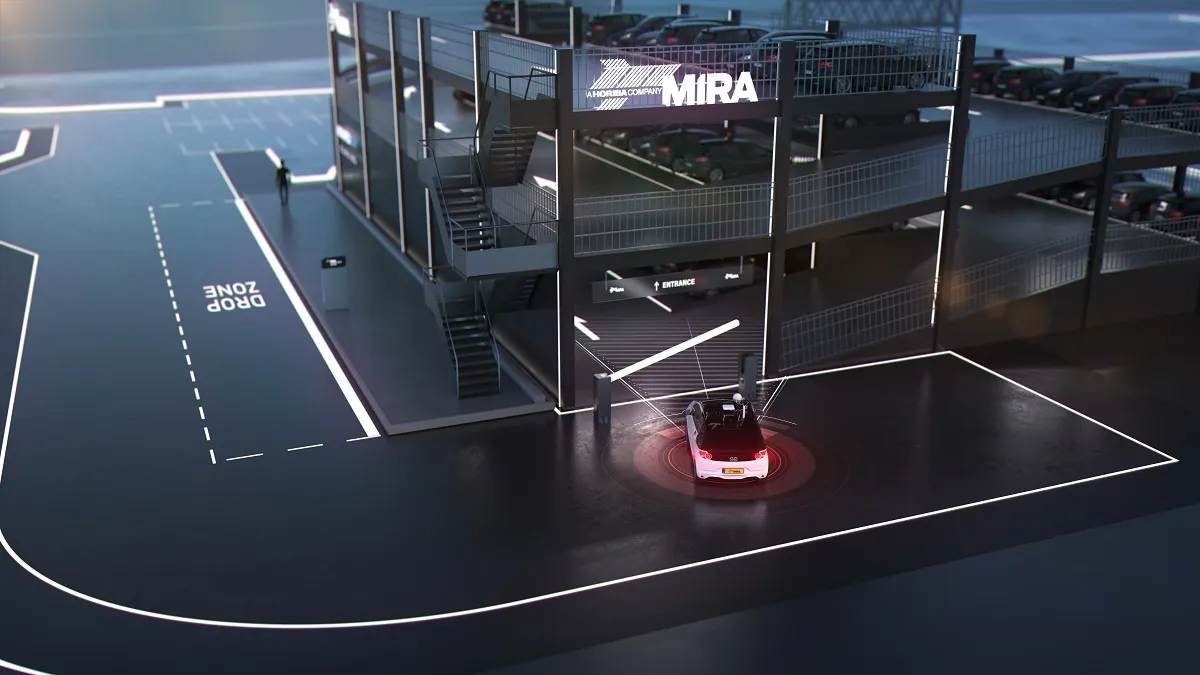
These roadways compose one of the most congested corridors in the U.S. and feature solutions including high-occupancy toll lanes, high definition mapping, real-time traffic and incidents, intelligent routing and location cloud technology.
Two test-tracks are also included: Virginia Tech’s Smart Road, located on-site at the Transportation Institute; and the Virginia International Raceway. Tom Dingus, director of the Virginia Tech Transportation Institute said “…the Virginia Automated Corridors ensure automated-vehicle developers and suppliers have access to both a robust roadway environment and significant research support to create, test and deploy systems.”








